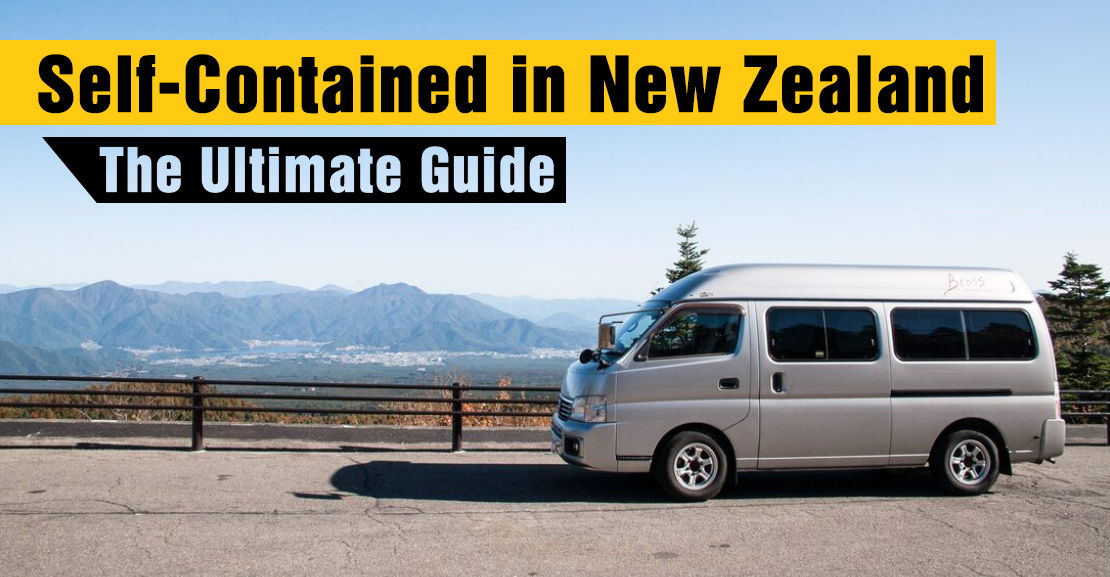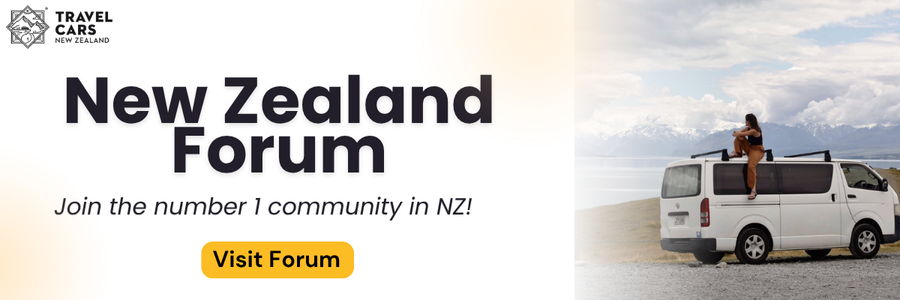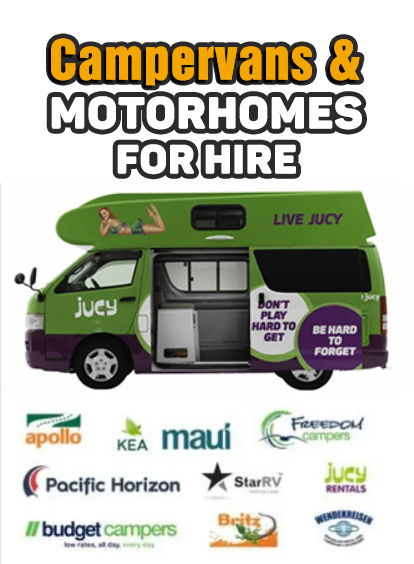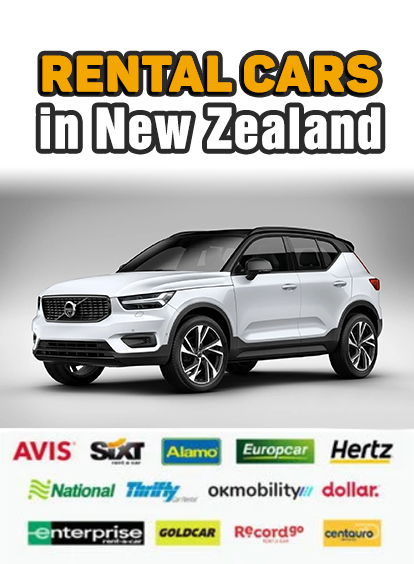✅ Last Update: Jul 19, 2025 @ 8:21 pm
1. What is Self-Contained in New Zealand?
In New Zealand, “self-contained” isn’t just a label—it’s your golden ticket to ultimate road trip freedom.
Picture this: waking up to a quiet lake, brewing coffee with a mountain view, and not needing to rush off to find a toilet or shower.
That’s the magic of having a self-contained campervan or motorhome. It’s your home on wheels, fully loaded with the essentials to let you explore the wild beauty of NZ without being tied to campsites or facilities.
- But to unlock this kind of travel, your vehicle needs to meet certain standards. Don’t worry—in this guide, we’ll walk you through exactly what’s required and much more.
2. Self-Contained Testing in New Zealand
There are many self-contained officers all around New Zealand, however most of them are located in the biggest cities.
- The cost for certification is around 300-350$NZD, and it last for 4 years.
🚐 Get Your Certificate Done with Travel Cars New Zealand
Travel Cars NZ is an approved inspector by NZ Lifestyle Camping Ltd, and we aim to do the certification simple and quick!
🧑💻 Contact us today for an easy testing inspection.

3. Requirements for Self-Contained Certification in New Zealand
To be self-contained in New Zealand, your vehicle needs a proper water setup—and we’re not just talking about any old jerry can.
You require a clean and safe water supply system. That means the water you carry should be good for drinking, cooking, and washing—no funny business.
It’s your job as the vehicle owner to make sure the system stores water safely and keeps it flowing through your van without getting contaminated.
And when it’s time to top up your water, you’ll also need a secure way to do it. Your refilling system should be sealed and protected, so the fresh water you’re loading stays clean from the moment it enters your tank.
- Long story short? Clean water in, clean water out. That’s the goal.
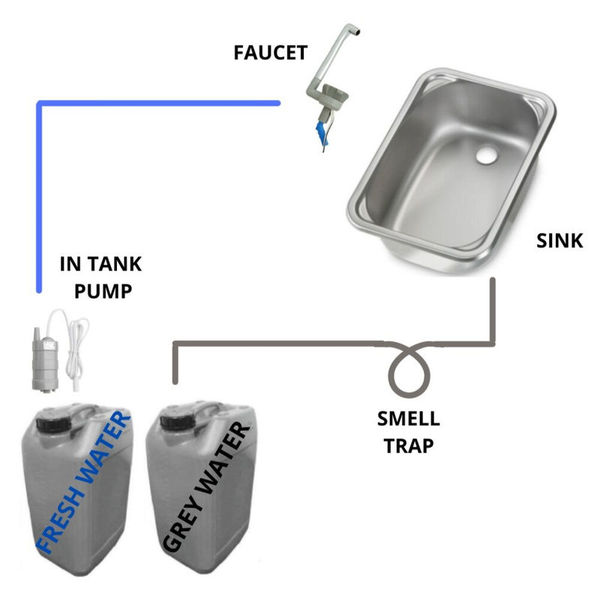
3.2. Toilet Facilities
A vehicle must have a toilet to be considered self-contained in New Zealand.
This toilet must be permanently plumbed into the vehicle or fixed with a gadget.
🚽 Find more about fixed and portable toilets in the following article: Where To Fit a Fixed Toilet in a Campervan
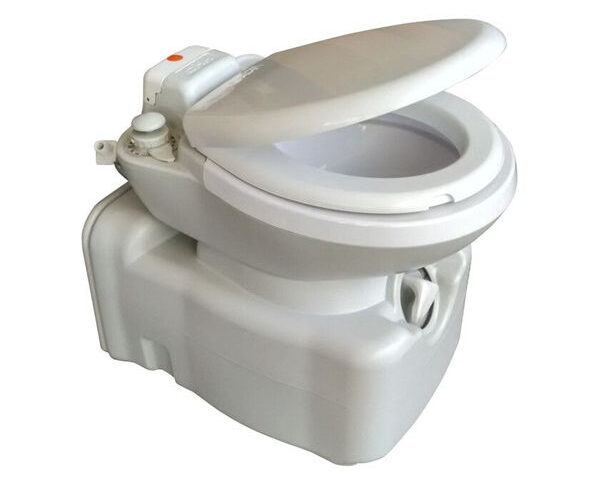
3.3. Greywater Collection
Greywater is the used water from your sink or shower—basically, anything that’s gone down the drain except toilet waste.
To be self-contained in New Zealand, your vehicle needs a proper system to collect and store that greywater. Why? Because leaving soapy dishwater or shower runoff out in nature just isn’t cool.
- With the right setup, all that used water stays safely inside your van until you’re ready to empty it at a proper dump station.
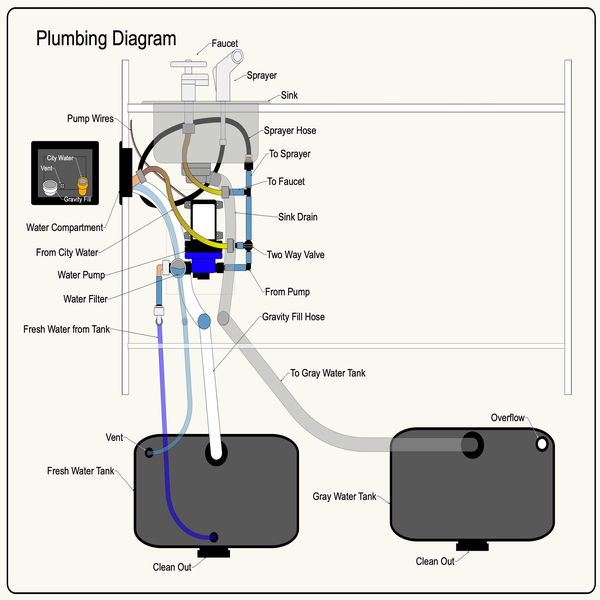
3.4. Refuse Storage
Let’s face it—road tripping means snacks, meals, and the occasional mess. That’s where refuse storage comes in.
In a self-contained vehicle, you need a proper bin or container to stash your rubbish until you can dump it at the right spot. We’re talking food scraps, wrappers, coffee cups—all the everyday stuff.
Good refuse storage keeps your van clean, tidy, and smelling fresh. No one wants to wake up to a trail of chip packets or mystery odors in their tiny home on wheels. So yeah, secure rubbish storage is a must for staying hygienic and road-trip ready.
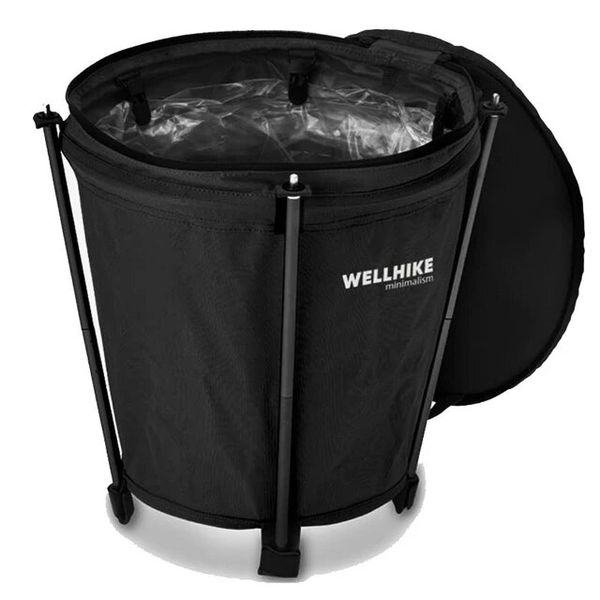
3.5. Water Storage & Waste Disposal
Water storage in self-contained vehicles must meet the following criteria:
- Sufficient Size and Volume: Tanks should hold enough water for three days for the maximum number of occupants.
- Durability and Suitability: Tanks must be designed for storing drinking water and be made of durable, safe materials.
- Protection from Contamination and Deterioration: Tanks must be protected from contamination, UV damage, and bacterial growth, such as legionella.
- Support and Security: Tanks must be securely installed and supported to prevent damage or leaks while the vehicle is in motion.
✅ Waste disposal facilities in self-contained vehicles must include adequate facilities for containing and disposing of blackwater (from toilets) and greywater (from sinks and showers).
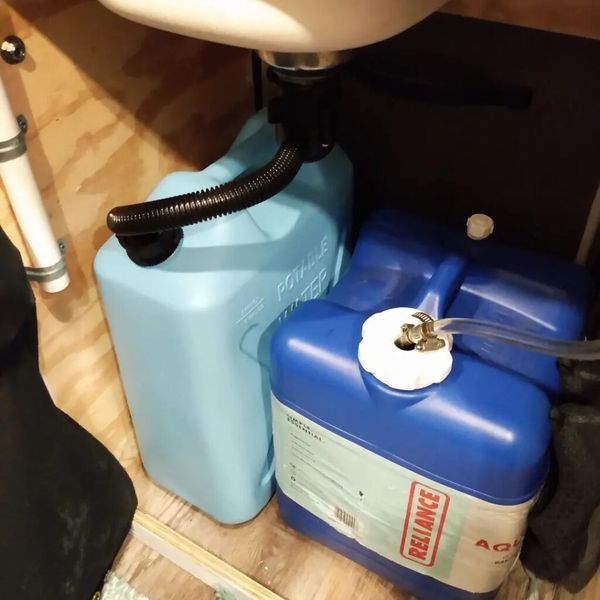
3.6. Safety Measures
When you’re living life on the road, safety isn’t optional—it’s everything. That’s why it’s super important to make sure all the essentials in your self-contained vehicle—like your water system, toilet, and waste tanks—are locked in tight and properly installed.
A secure setup means nothing shifts, leaks, or causes trouble while you’re cruising down those winding New Zealand roads. It’s all about protecting you, your passengers, and your peace of mind. Travel safe, travel smart.
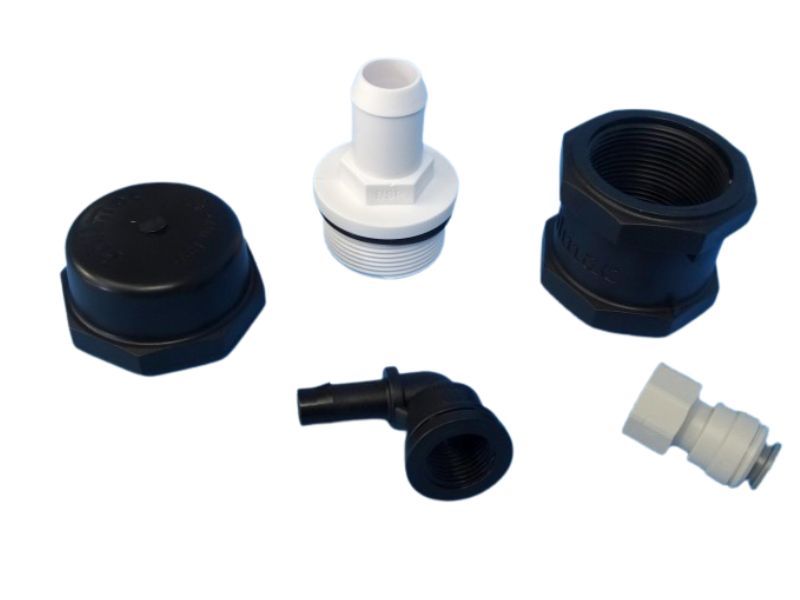
3.7. Ventilation
Your water tanks need to breathe too! Good ventilation keeps air flowing, which helps prevent your tanks from getting warped or damaged over time.
But it’s not just about airflow—you’ve also got to keep those vents protected. That means blocking out dust, bugs, and any other nasties that could sneak in and mess with your clean water. A little extra care goes a long way in keeping things fresh and safe on the road.
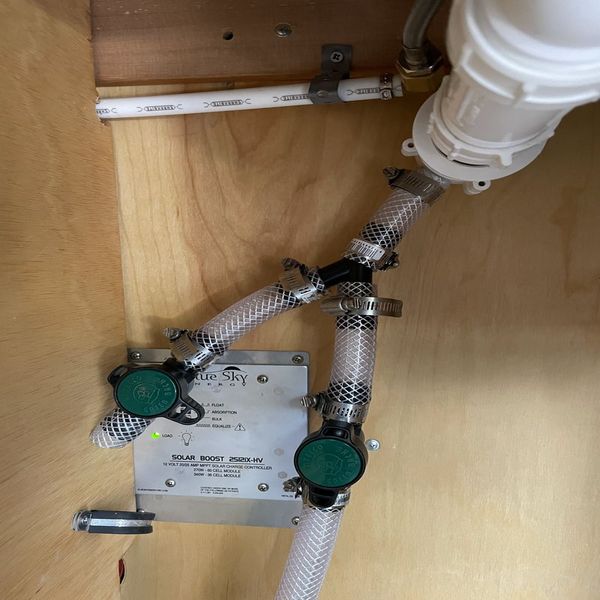
3.8. Backflow Prevention
When you’re topping up your water from outside sources, there’s one important rule: protect your clean water at all costs.
That’s where backflow prevention comes in. With the right device in place, you stop dirty or contaminated water from sneaking back into your fresh supply. It’s a simple fix that keeps your drinking, cooking, and washing water safe—no surprises, just clean water every time.

3.9. Certification
Getting certified isn’t just ticking a box—it’s like earning your badge of honor on the road.
A self-containment certificate means your vehicle meets all the official standards for responsible travel in New Zealand. When you display that sticker, you’re showing the world you’re doing it right—keeping things clean, safe, and eco-friendly.
- It’s your way of saying, “I care about this beautiful country, and I’m here to explore it the right way.”

4. Types of Vehicles That are Suitable for Self-Contained Certification
Here’s a list of vehicle types commonly suitable for self-contained certification in New Zealand:
- Campervans – The classic road trip companion. These vans are transformed into cozy little homes with beds, cooking setups, and sometimes even a mini toilet tucked away. Simple, practical, and full of adventure vibes.
- Motorhomes – The luxury cruisers of the road. Bigger than campervans, motorhomes come decked out with all the comforts: proper beds, a kitchenette, a toilet, shower—you name it. Perfect for longer trips and living large on wheels.
- Caravans – These tow-behind beauties are like little apartments on wheels. You’ll find sleeping areas, kitchens, and often bathrooms too. Just hitch one to your car and roll into your next destination.
- Converted Buses – For the bold and creative. Some travelers go all-in and turn buses into full-on homes, complete with everything you need to live comfortably anywhere. It’s the ultimate DIY adventure palace.
- Pop-Top Campers – Compact when driving, spacious when parked. These clever campers have roofs that pop up for more headroom and usually come with a bed and a place to cook. Great for travelers who want something small but mighty.
- Truck Campers – These sit right on the back of a pickup truck, giving you a small but efficient living space. Super practical for solo travelers or couples chasing remote spots.
- 4WD Campers – Love getting off the beaten track? These rugged rigs combine the power of a 4WD with basic comforts like a bed and cooking gear. Built for the wild stuff.
- Slide-On Campers – Just like truck campers, but even more flexible. You can slide them on or off your Ute whenever you want, turning your truck into a camper in no time.
- Roof-Top Tents – A favorite for budget travelers and adventure junkies. These tents unfold on top of your car, giving you a comfy place to sleep with an epic view. The rest of your vehicle stays free for gear and storage.
- Off-Road Trailers – Built tough for remote locations, these trailers come with everything you need to camp far from the crowds. Think of them as mini mobile cabins ready for action.

5. Making the Big Decision: Rent or Buy a Self-Contained Campervan?
Let’s look at the basics to help you make the right choice.
5.1. Renting a Campervan
✅ Pros of Renting a Campervan
- Easy & Flexible – Renting gives you freedom to pick the perfect van for each trip. Wanna try a luxury motorhome this time? Go for it.
- Great for Short Adventures – If you’re only hitting the road for a few days or weeks, renting is often cheaper and way less hassle than buying.
- No Wrench Time – Forget about maintenance and repairs. The rental company handles all that, so you can just focus on the adventure.
❌ Cons of Renting a Campervan
- Not Always “You” – Rental options can be limited, and sometimes you’re stuck with a layout or setup that just doesn’t vibe with your travel style.
- Costs Stack Up – Long-term rentals can get pricey fast. After a few weeks, buying might start looking like the smarter move.
- Distance Drama – Some rentals have mileage caps, meaning your big dreamy road trip could come with limits.
🔍 For finding and comparing campervans for rent you can use our search tool: Campervan Rentals | TCNZ
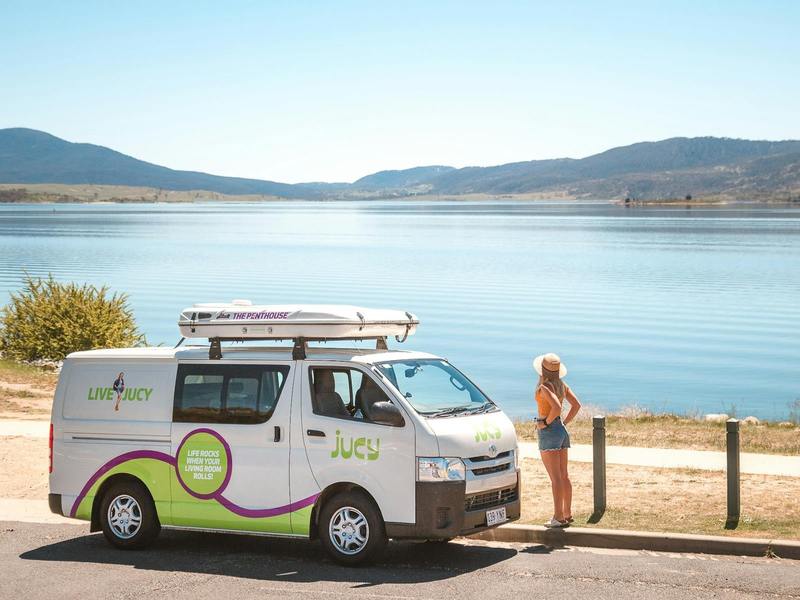
6.1. Buying a Campervan:
✅ Pros of Buying a Campervan
- Make It Yours – Buying means full control. Decorate, upgrade, and set it up exactly how you like. Your van, your vibe.
- Long-Term Savings – Planning lots of road trips? Buying can work out way cheaper than renting again and again.
- Smart Investment – Keep it in good shape, and your campervan can hold its value—or even make you some cash when it’s time to sell.
❌ Cons of Buying a Campervan
- Pricey Upfront – Let’s be real: buying a van isn’t cheap. It’s a big chunk of cash to drop all at once.
- You Break It, You Fix It – Maintenance, repairs, upgrades… it’s all on you. Could mean time, tools, and money.
- Storage Struggles – When you’re not out adventuring, you’ll need a safe place to park it—sometimes at a cost.
🚐 If you want tips about buying a campervan in New Zealand, we have compiled the following guide: 12 Tips for Buying a Campervan in New Zealand
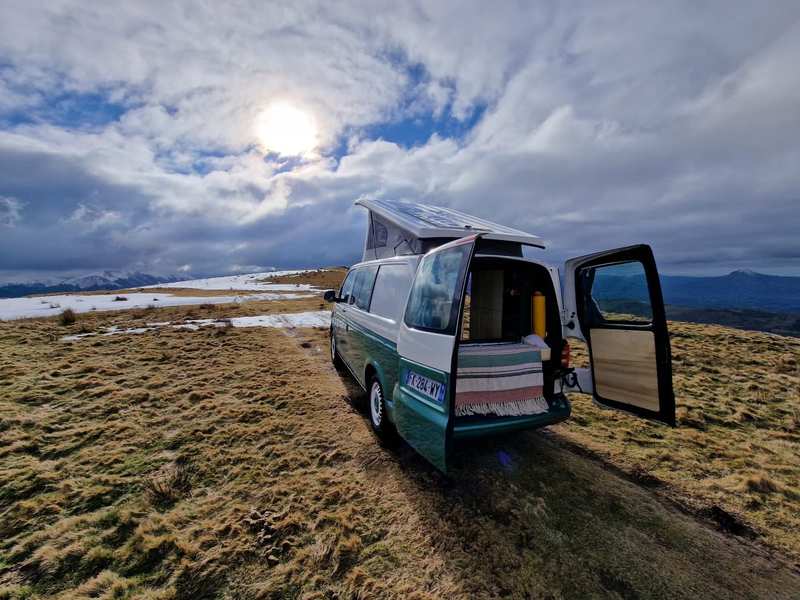
6. Freedom Camping with a Self-Contained Campervan
Freedom camping means camping in places other than official campsites, such as beaches, forests, or public parking areas, without having to pay.
It’s a great way to see the beautiful landscapes of New Zealand while having the freedom to choose where you stay.
6.1. Why Choose Freedom Camping with Your Campervan?
- Flexibility: With your self-contained campervan, you can park and camp in lots of different places across New Zealand, away from big crowds and tourist spots.
- Saving Money: Freedom camping lets you avoid paying for campsites or hotels so that you can use your money for other fun things during your trip.
- Getting Close to Nature: Enjoy the peacefulness of nature by camping in quiet places surrounded by fantastic scenery and starry skies.
6.2. Your Responsibilities When Freedom Camping:
- Take Care of Nature: Make sure you leave the places you camp at just as clean as you found them. Always throw away your trash properly and be kind to animals and plants.
- Follow the Rules: Check for any rules about freedom camping in the areas you want to visit. Some places might have unique spots for camping or regulations you need to follow.
- Use Your Campervan’s Facilities: If your campervan has a bathroom and a way to store waste, use them properly. This helps keep the environment clean and healthy.
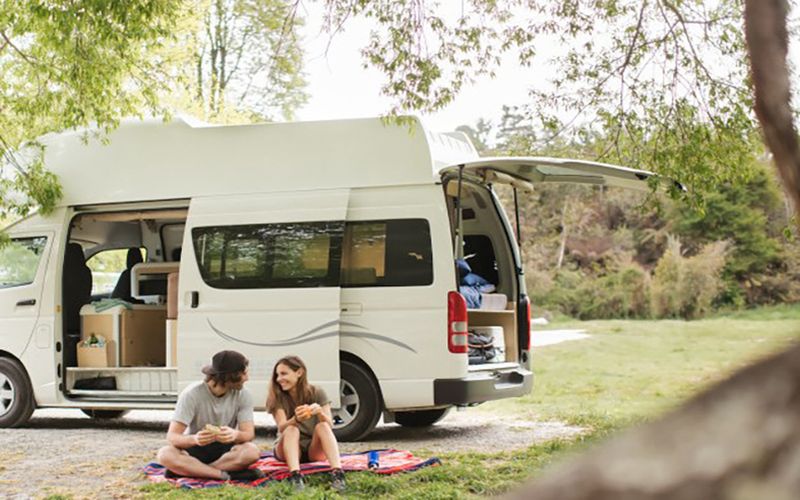
7. Free Camping Spots in New Zealand for Self-Contained Vehicles
If you’re traveling around New Zealand in a self-contained vehicle and looking for free camping spots, you’re in luck!
Here are some fantastic locations where you can park up and enjoy the beauty of New Zealand without breaking the bank:
- Department of Conservation (DOC) Campsites: Many DOC campsites offer free or low-cost camping facilities for self-contained vehicles. These spots are often located in stunning natural settings, providing a peaceful and scenic overnight stay.
- Freedom Camping Areas: New Zealand has designated freedom camping areas where self-contained vehicles can park for free or at minimal cost. These areas are typically located near beaches, lakes, or other natural attractions, offering picturesque surroundings for your camping adventure.
- Scenic Reserves and Conservation Areas: Explore New Zealand’s scenic reserves and conservation areas, which often allow free camping for self-contained vehicles. These areas are ideal for nature lovers seeking secluded spots away from the hustle and bustle of tourist areas.
- Local Council Sites: Some local councils provide free camping areas for self-contained vehicles. These sites may offer basic facilities such as toilets and waste disposal facilities, making them convenient for travelers.
- Private Landowners: In some cases, private landowners may allow self-contained vehicles to camp on their land for free or for a small fee. Always seek permission from the landowner before setting up camp, and leave no trace when you depart.
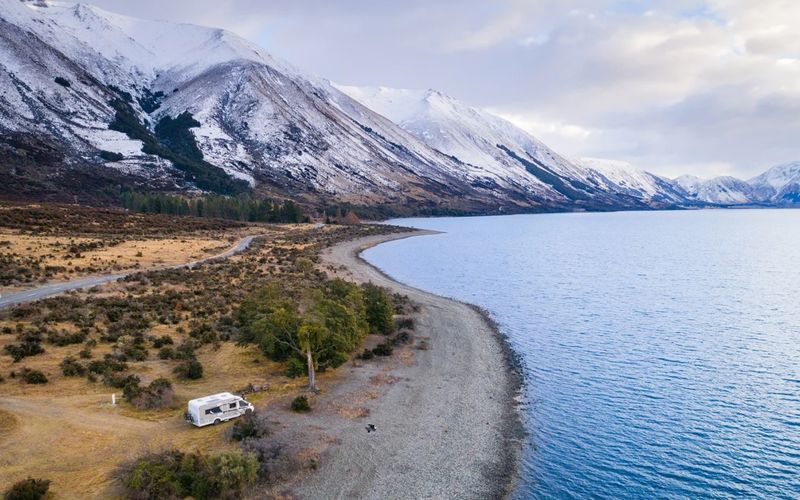
8. Apps to Make Your Adventure Even Better
Luckily, in today’s digital age, your smartphone can be your best travel companion, offering everything from navigation assistance to local insights and activity recommendations.
- CamperMate: This handy app makes it easy to find campsites, toilets, and dump stations. It’s like having a guide to your trip’s best spots.
- Wikicamps: Discover cool places to visit, campsites, and even see photos from other travelers with this treasure map for adventurers.
- Roadtrippers: Plan your journey, find places to visit, and share your adventure with friends using this helpful app.
- WeatherNZ: Keep track of the weather so you can plan your outdoor activities accordingly with this useful app.
- iOverlander: Find camping spots and see what facilities are available at each location with this helpful guidebook app.
- Star Walk 2: Explore the night sky, learn about stars, planets, and even spot satellites with this fun stargazing app.
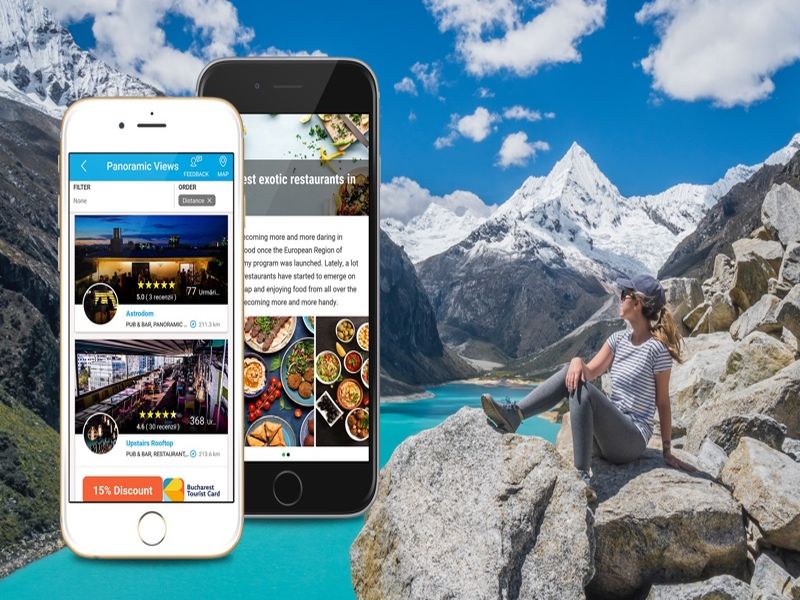
9. Locations to Get a Self-Contained Inspection
🧑💻 FAQs about Self-Contained in New Zealand
Self-contained means you’re ready to explore New Zealand’s wild places without leaving a mess.
It’s like getting a special pass to camp in amazing places where regular campers can’t go.
Plus, it shows you’re a responsible traveler who cares about the environment.
Yes, you can! With a self-contained vehicle, you can camp in beautiful spots far from cities and towns.
Nope! Anyone can do it. You can choose a comfy camper or a fancy motorhome.
Absolutely! With a self-contained vehicle, you have everything you need to live comfortably on the road.



